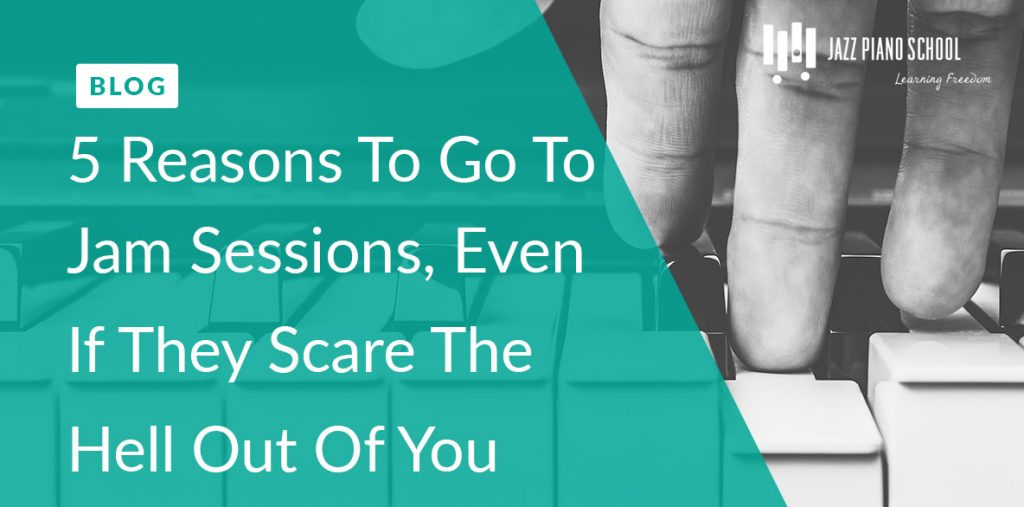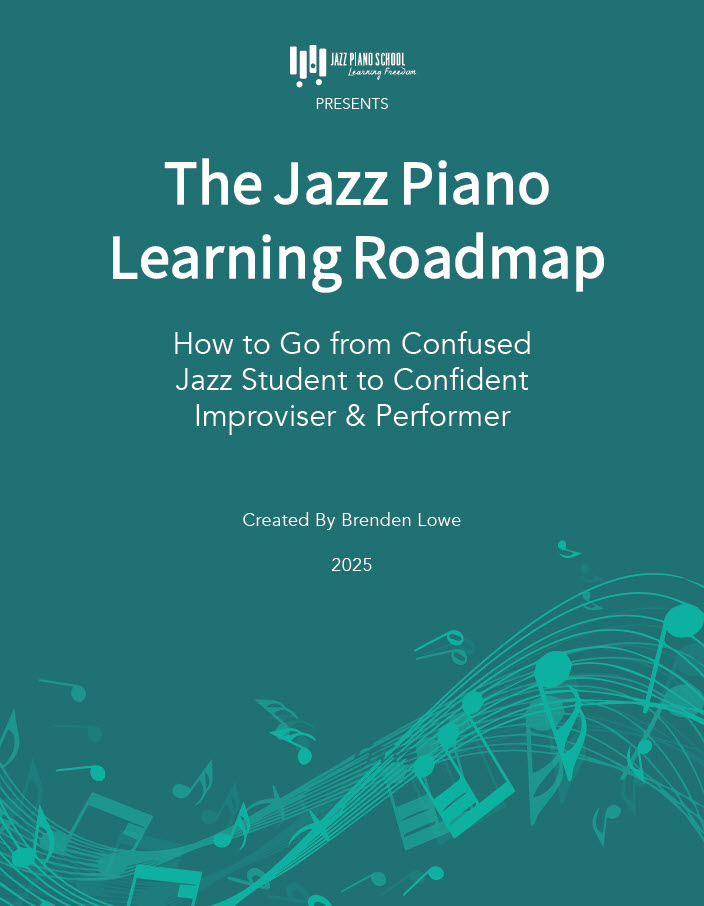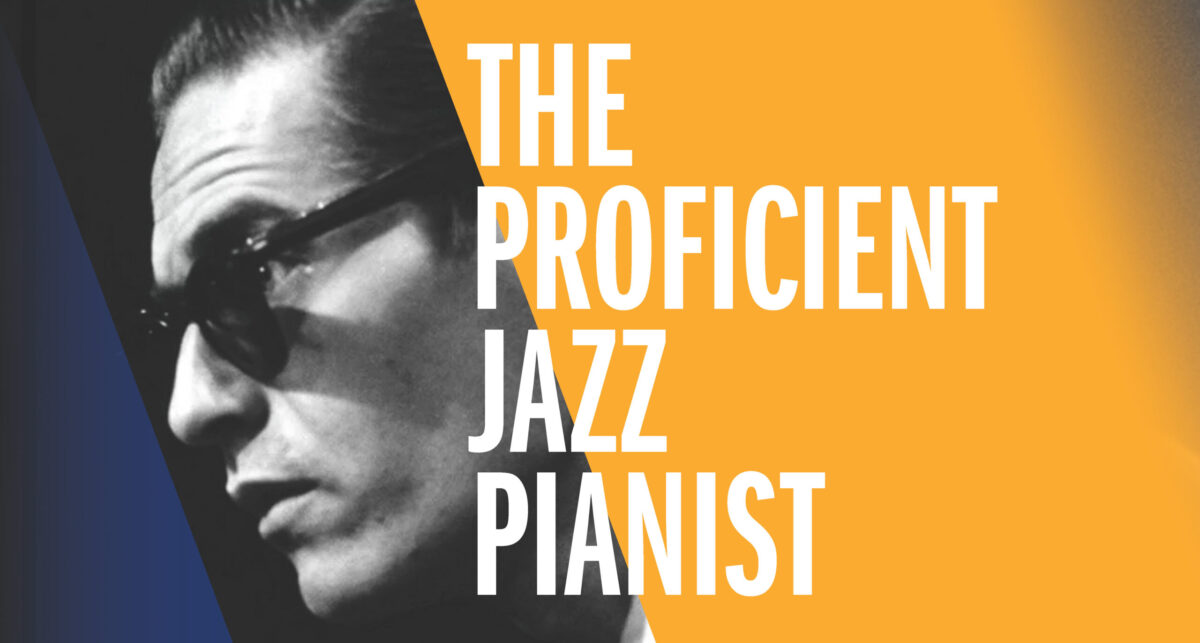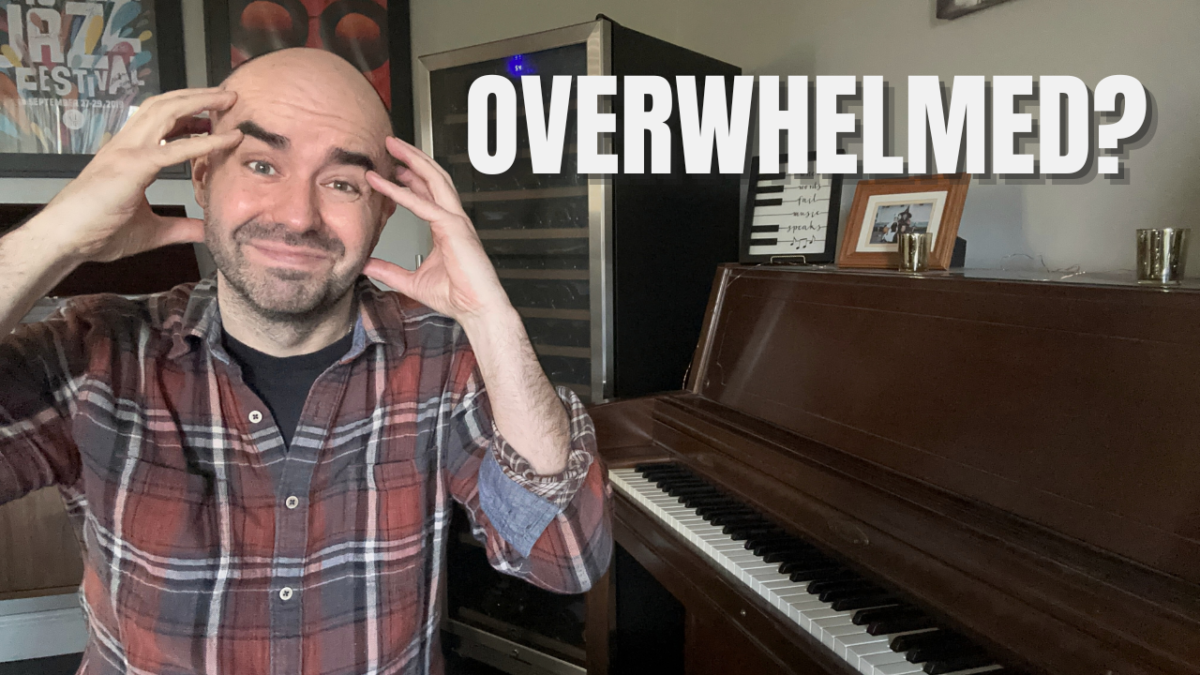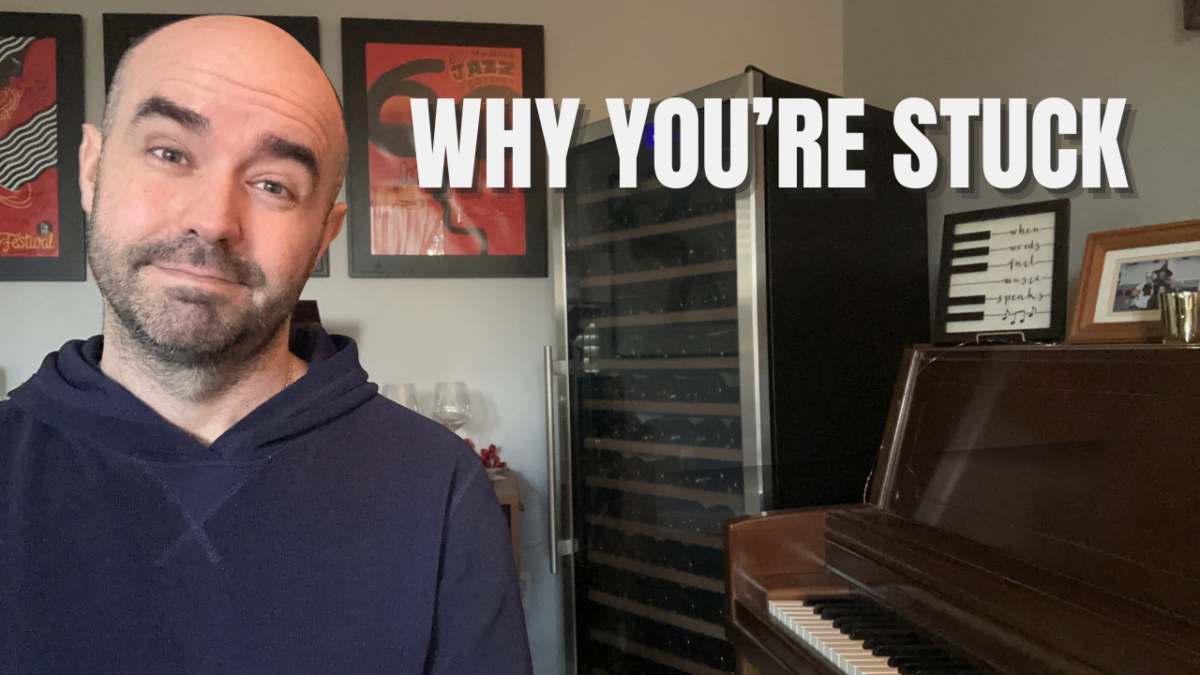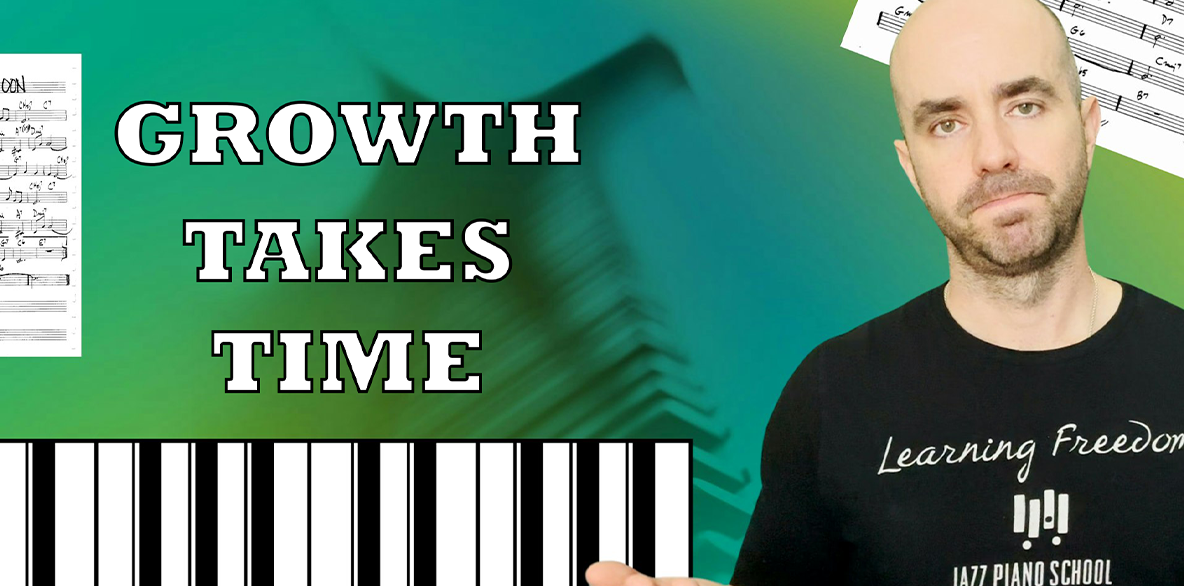Jam sessions have been around and helping musicians ever since jazz was created. Musicians would get together and play music for the enjoyment of playing. Most of the well known jazz musicians we know these days frequented jam sessions when they were young as well. There are many stories about musicians such as Charlie Parker, Bud Powell, Miles Davis, and many more, attending jam sessions and getting their arses kicked by the veterans at that time. But, all of it adds up to progression and development and here’s why.
You Get To Play With New Cats
As I’m starting to realize you can get very very comfortable playing with your same group of friends you’re used to playing with. This can be fun, but it will not help you grow as a musician. Playing with new musicians is important for growth because they will challenge you in ways you’re not used to. At the jam sessions you might sit down with drummer who has a different eighth note feel than you’re used to. It’s great to feel all sorts of time from bass players and drummers so you can distinguish what you like and don’t like and also be able to adapt to their time feel. Many of the different styles will inspire you to play in a completely different way than you’re used too. This new exploration will bring out new ideas, and get your creative juices flowing. They will help push you too new levels, open your ears, and bring you on a journey you have never been on before. You can easily get in a rut when you are playing with the same friends over and over and over again. So play with new musicians and let them help you progress. You will play up or down to the caliber of musician that you keep around you. So continuously strive to play with the best, and you will continue to progress.
You Increase Your Repertoire
If you have ever been to a jam session before, I’m sure most of you have been up there and someone has called a tune you do not know. To me, this is an awful feeling. When the whole band is ready to go, and you have to disappointingly say you do not know the tune, it just wrenches your innards. So anytime you are up on the bandstand and someone calls a tune you do not know, you should immediately go home and learn that tune. Learn the crap out of it, so next time you are up there and it gets called, you can confidently play and not have to worry. Implementing this method of tune learning will exponentially increase your repertoire as well. It does take discipline to follow up with the songs that are called, but simply keep a pen and paper next to you and you can write down the tunes you do not know.
(Note: Do you want to start learning more about jazz piano in a way that’s organized and structured? Are you looking for a starting point? If so, check out our FREE beginner guidebook to get the scoop!)
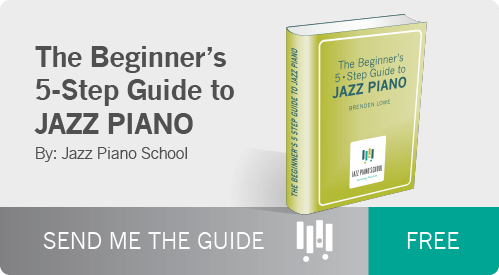
You Can Make Mistakes In A Non Performance Setting
I love jam sessions for this reason. If I have been working on a certain poly rhythm or some melodic figure that I want to try and implement into my playing, a jam session is the perfect place. Besides working in your practice, you can also feel free to completely explore your own creativity on your solo. This is the place to let loose and go after ideas you may not try on a performance gig. You have nothing to lose when you are the jam session so you might as well. Blow your heart out, and search for all those ideas that may not come to you in the practice room, or showcase gig. This is the best place to make mistakes while playing in a group.
Your Adaptability and Listening Skills Improve
Who knows whats going to happen on a jam session. You may have played “There Will Be Another You” a million times. Go to a jam session and someone calls that piece and you’re all pumped to play the tune because you know it but wait, what is the drummer doing? Is he playing in 7? Oh god I don’t know how to play in 7. Well ya can’t quit now! Playing at jam sessions will open your ears to new harmonic movements the bass player might do, or new rhythmic patterns the drummer might play. You also have to listen for intro’s and outros and make sure you are blending with the eb and flow of the leader and how he is shaping the tune. You will get accustom to adapting and listening.
You Get Used To Playing In Front Of People
This is similar to making mistakes, but the more you can play in front of an audience the more comfortable you will feel performing for bigger gigs. It is always a different feeling having people listening to you. It means you’re creating music that someone wants to pay attention to. You’re playing will actually be heard. This is a great feeling, even if it is for one person. Play for everyone in the audience. Make them want to stomp their feet or clap. Get used to the connection you can build with the audience. You will develop a relationship with people just through the music alone. Then when you have a performance gig you can take these feelings and use them to calm your nerves, and play how you are comfortable playing.
If You Enjoyed This Post…
I would really appreciate it if you could like our facebook page and or share this post!
[Tweet “You always wanted to Jam out? Find out why you should! #jazzpiano #jazzpianoschool”]
Feel free to subscribe to our email tips and bonus content. Simply click below.
(Note: Ready to start learning more? Here’s where to start. Don’t leave without our FREE beginner guidebook!)



